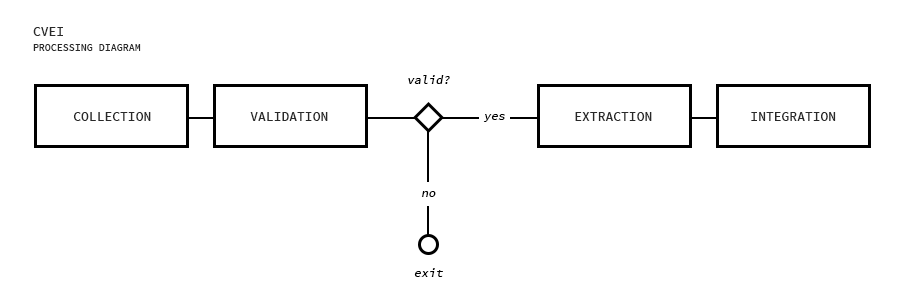Validating II
import pyblish.api
disk = {}
items = ["JOHN.person", "door.prop"]
class CollectInstances(pyblish.api.ContextPlugin):
order = 0
def process(self, context):
for item in items:
name, suffix = item.split(".")
context.create_instance(name, family=suffix)
class ValidateNamingConvention(pyblish.api.InstancePlugin):
order = 1
def process(self, instance):
name = instance.data["name"]
assert name == name.title(), "Sorry, %s should have been %s" % (
name, name.title())
class ExtractInstances(pyblish.api.InstancePlugin):
order = 2
def process(self, instance):
disk[instance.data["name"]] = instance
pyblish.api.register_plugin(CollectInstances)
pyblish.api.register_plugin(ValidateNamingConvention)
pyblish.api.register_plugin(ExtractInstances)
import pyblish.util
pyblish.util.publish()
print("JOHN" in disk)
# True
Last updated